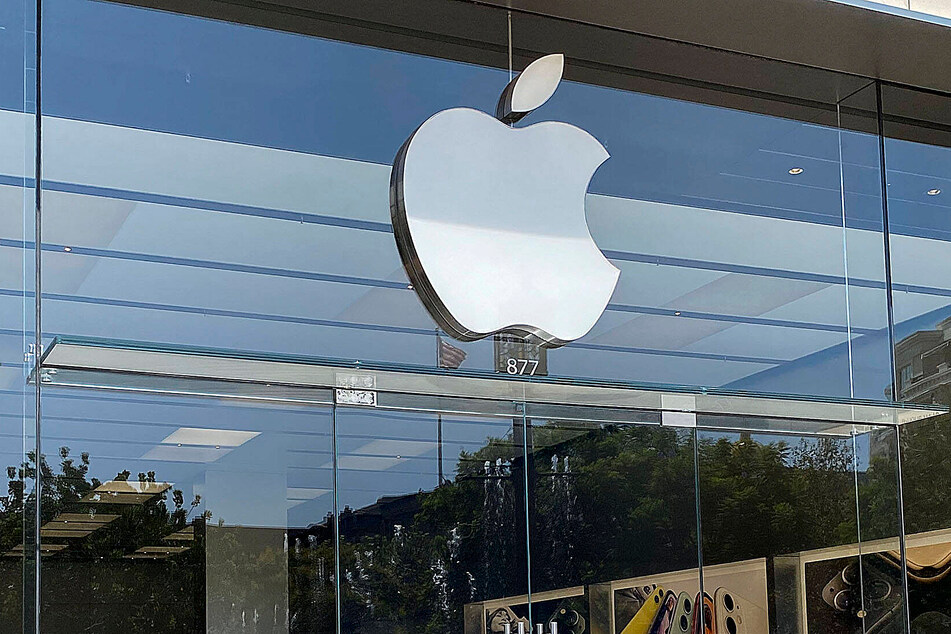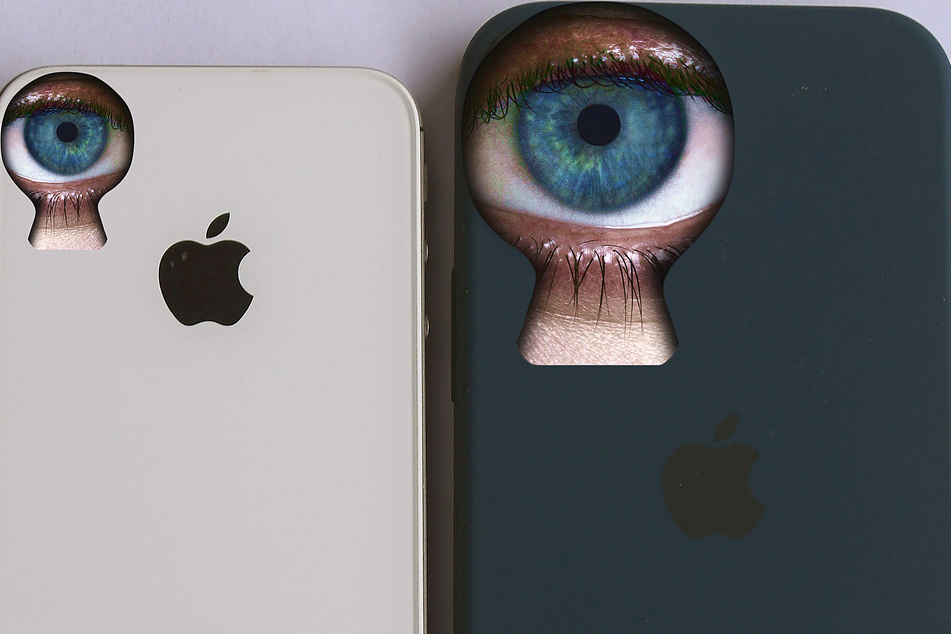Apple offers multi-million settlement in lawsuit over employees searches
San Francisco, California - Apple employees got so tired of being held back for searches at the end of their shifts, they launched a lawsuit against the company in 2013. Now, the tech giant wants to put an end to it by paying out almost $30 million.

Apple submitted a proposed settlement of $29.9 million on November 12 for employees the company searched when they were no longer clocked in to work.
The legal battle between Apple and thousands of current and former Apple Store employees goes all the way back to 2013. The complaint argued that employees were still under the company's control while being searched for five to 20 minutes, and deserved to be paid for that time.
Apple originally won the suit, and has defended itself by suggesting people leave their bags and iPhones out of the workplace.
Ironically, the idea that employees shouldn't bring their personal phone to work is in complete contradiction to statements from Apple's CEO Tim Cook, who told CNBC's Jim Cramer in 2017 that iPhones have become "so integrated and integral to our lives, you wouldn't think about leaving home without it."
After plaintiffs appealed the original court decision, the case made it to the California Supreme Court, where in 2020 the court ruled that Apple was had broken the law, which led to the company's settlement offer.
Almost 12,000 current and former California Apple Store employees in the lawsuit could get up to $1,200 each if they accept the settlement.
Employee monitoring

Former Apple employee Ashley Gjovik laid out in a September Tweet the extent of employee monitoring that Apple conducts:
"If you're an #Apple employee, Apple may: Search your workspace such as file cabinets, desks, and offices (even if locked), review phone records, or search any non-Apple property (such as backpacks, purses) on company premises."
If having your bag and smartphone searched at work raises an eyebrow, you aren't alone.
But this isn't just one company. Amazon and Microsoft also have hefty employee monitoring policies, including watching what workers do with their mouse and keyboard with tracking software, or Microsoft's productivity scoring.
The pandemic boosted the use of employee monitoring, such as keystroke-logging software that records what you type, as well as screenshots, and other methods to check employees' productivity.
Apple seems to be the most invasive on company premises, but they are not alone in keeping tabs on their employees.
Employee monitoring was already on the rise before the Covid-19 pandemic started, but new technology and a focus on "ensuring productivity" or protecting company secrets has made the practice of surveilling workers more prevalent.
Cover photo: IMAGO / ZUMA Wire